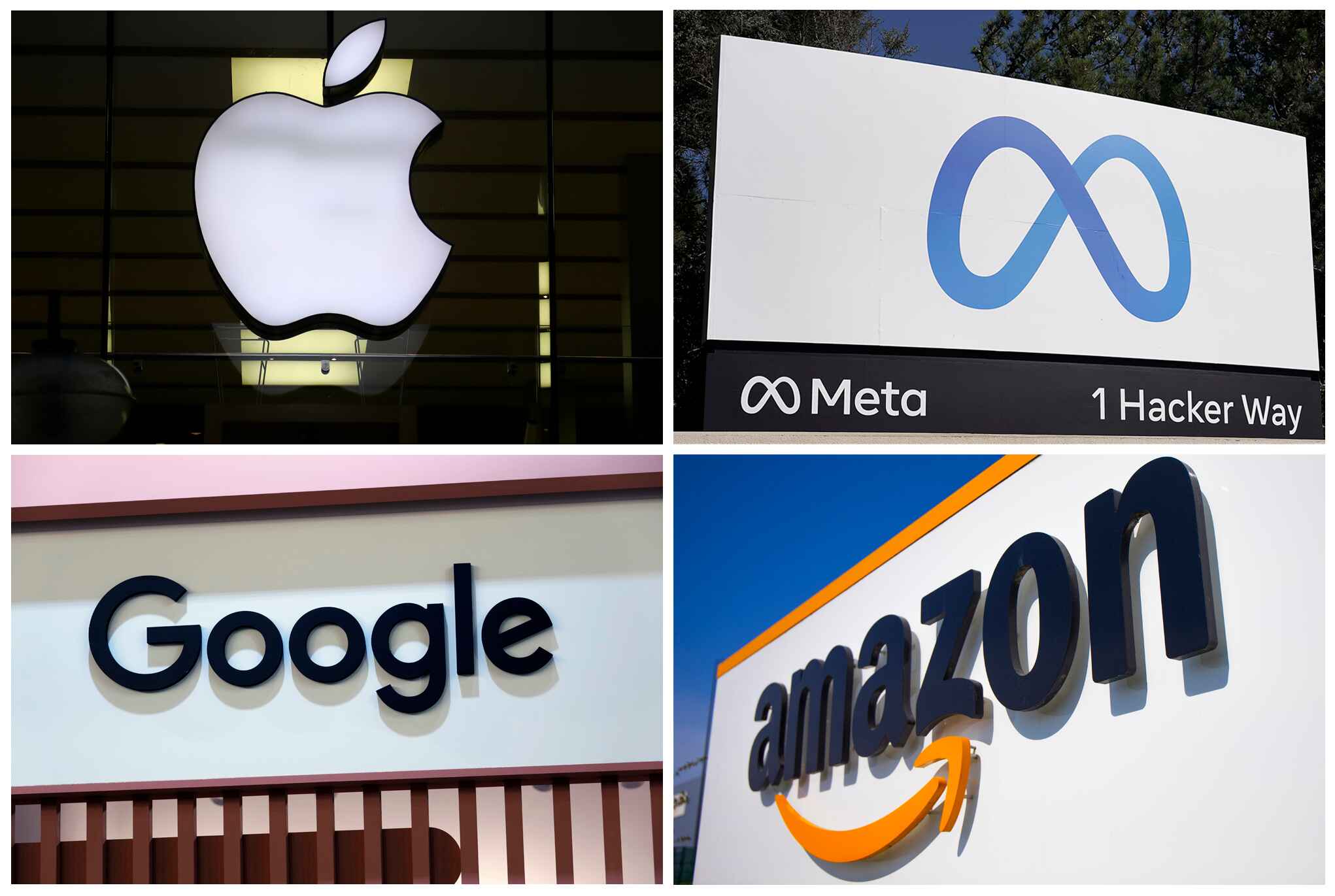American tech giants are facing the largest expansion in tech governing rules due to new regulations imposed by the European Union.
The European Union (EU) passed the E.U. AI Act, a package that aims to protect consumers from potentially dangerous applications of artificial intelligence (AI). According to The Washington Post, government officials made the move amid concerns raised by recent advances in technology related to ushering in surveillance, algorithmically driven discrimination and prolific misinformation that could “upend democracy.”
Learn the benefits of becoming a Valuetainment Member and subscribe today!
Tech platforms like Meta, Google, and Apple are expecting the new EU laws within the next couple of months, the regulations aiming to “police” online content and leave room for potential competition.
Although the new laws will apply exclusively in Europe, the effects are predicted to influence the rest of the world, shifting toward a compliance culture. Big tech companies claimed to have dozens of employees actively working on compliance.
Microsoft stated that the company would “extend the rights that are at the heart of General Data Protection Regulation (GDPR)” to all consumers globally, regardless of whether they reside in Europe.”
“The key change is that big tech is losing its monopoly on how it designs services and interprets rules it sets for users,” said Martin Husovec, an Associate Professor of Law at the London School of Economics.
“This is a Glass-Steagall moment for big tech,” said tech analyst and investment banker Brian Wieser, referring to the depression-era law that reined in banks. “They’re going from effectively no regulation to heavy regulation.”
Some critics have been pushing back on the new laws:
the fear of people speaking up, resisting etc. is the reason why the EU, coming into effect on Aug 25th 2023 (Digital Service Act), will censor free speech on social media platforms, will sensor seach engines… but remember: "Ye are many, they are few". https://t.co/YtN7RdBNFP
— Jens Bæk (@Jens_Denmark) August 18, 2023
Some regulations will be put into effect right away – the Wall Street Journal lists changing the way users scroll through information as well as search engines and online shopping. Other regulations are predicted to take years to settle in.
The first set of rules, called the Digital Services Act, will apply to the largest social media and search engine companies, beginning in late August. In early September, the EU will inform which companies and their services will fall under a separate set of competition rules under what is called the Digital Markets Act.
One thing is clear – even if American lawmakers never implement similar rules, companies may set to face pressures to apply some changes for American consumers.



















Add comment